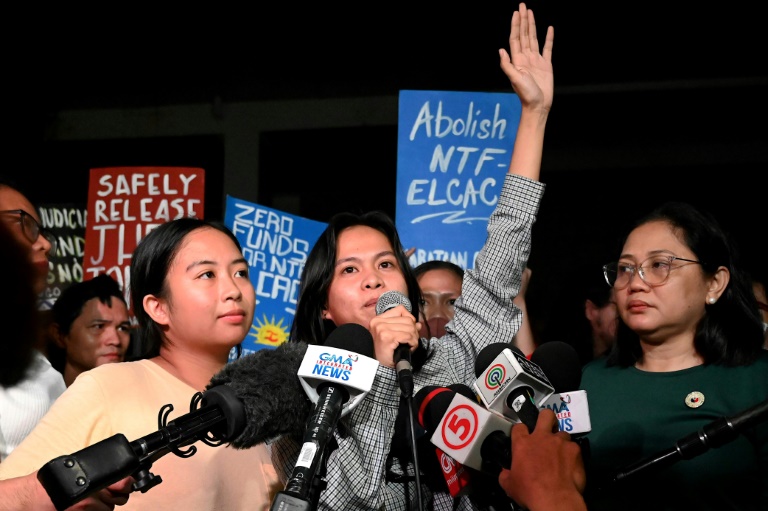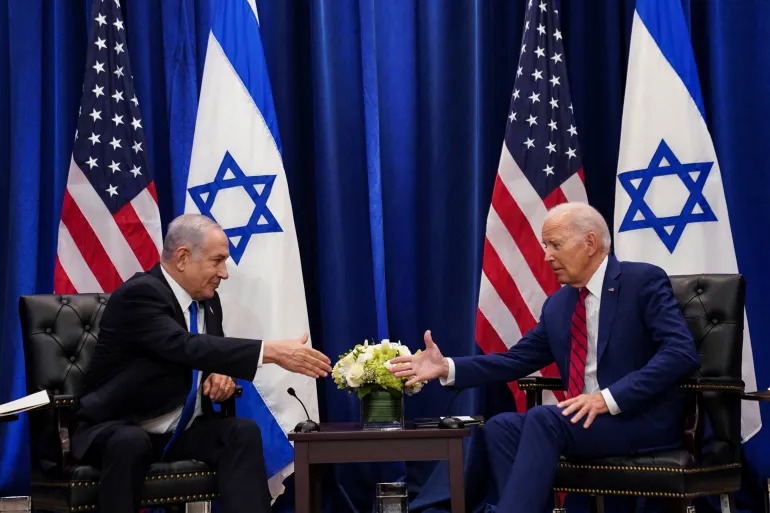Jonila Castro and Jhed Tamano, both fervent environmental activists, have been released from captivity after vanishing mysteriously over two weeks ago in the Philippines. The duo, who had been actively involved in campaigns against the contentious Manila Bay reclamation project, reappeared on the scene with a powerful accusation against the military. Their release follows a heated government press conference where they veered off-script and pointed fingers at the authorities, sparking a contentious debate. This incident unfolds in a country that ranks among the most perilous for land and environmental defenders, raising questions about the safety of activists and the escalating tensions surrounding their work.
A Vanishing Act Shrouded in Controversy
Jonila Castro, aged 21, and Jhed Tamano, aged 22, vanished into thin air on September 2 while passionately advocating for coastal communities opposed to the contentious Manila Bay reclamation project. Their abrupt disappearance sent shockwaves through the activist community, sparking concerns about their safety and the involvement of the Philippine military. Amidst the mounting concern for their whereabouts, the incident took a dramatic turn when they were suddenly released late on Tuesday night.
Accusations of Abduction and a Defiant Stance
At a government press conference, Castro and Tamano courageously went off-script, leveling serious allegations against the military. They accused the authorities of abducting them, a claim that had been consistently denied by official sources. Their bold stance challenges the prevailing narrative and highlights the vulnerability of activists in the Philippines. Their allegations sent shockwaves through the nation, reigniting debates about the treatment of activists and the suppression of dissenting voices.
‘Red-Tagging’ and an Ongoing Controversy
The Philippines has long been known for its hazardous environment for land and environmental defenders. ‘Red-tagging,’ the practice of labeling government critics as communist sympathizers without evidence, has been a recurring issue. Despite a change in leadership from Rodrigo Duterte to Ferdinand Marcos Jr., the controversial practice appears to persist. The recent incident involving Castro and Tamano underscores the dangers faced by activists and the divisive tactics employed by authorities in the Philippines.
Castro and Tamano’s ordeal and their accusations against the military have thrust the safety of activists and the climate of dissent in the Philippines into the international spotlight. The debate over ‘red-tagging,’ government accountability, and the treatment of environmental defenders continues to rage on, leaving many questions unanswered in a country where the line between activism and repression remains blurry.
















